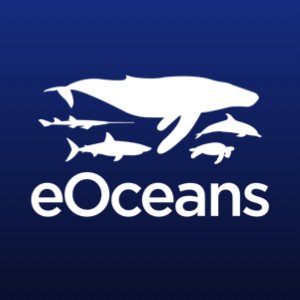Data ownership and ethics?
After two decades of working with and listening to stakeholders, rightsholders, local and traditional knowledge holders, and other ocean explorers we put the tenets of ethics and privacy at the core of the eOceans platform. eOceans app users and data contributors own their data. They can use the platform for free to track their activities, log observations, and contribute to local or global projects they support. eOceans does not sell data or make personal or ocean data open access.
In support of F.A.I.R. data practices, but the user decides: There are strong arguments and proponents for Findable, Accessible, Interoperable, and Reproducible ocean datasets. The goal is to make it easy for anyone to access and use ocean data to explore trends. eOceans agrees with this in theory and makes it easy for users and Private Teams to download their standardized and geo-referenced datasets, complete with metadata using Darwin Core and WoRMS standards. However, both open data and black boxes of data, where contributors don’t know how their data are used or who has access, diminish trust and enthusiasm, and leave many communities and species at risk of poaching and exploitation. These risks are problematic around the world, and especially in areas with lenient policies, minimal monitoring, and lack of enforcement. For these reasons, open data projects exclude and preclude fishers, tourism guides and operators, and Indigenous and local knowledge holders from participating. Combined, these are arguably the most important ocean stakeholders and any project that aims to monitor MPAs should include these groups.
Important for ethics in publications: Another essential reason for app users and data contributors to own their data and to decide how their data are used is in publishing. Publications, regardless of institution, need to follow strict ethical principles. If scientists gather data for one project then those data cannot be used for another project without explicit permission from the participants. Open data, therefore, would have limited value, but asking people to repeatedly report all their observations to all the researchers who might be interested would also not be ethical. We spoke with tourism guides that were being asked to report shark observations to more than ten researchers, and other observations of seahorses, turtles, jellyfish, and rays going somewhere else. By allowing users to own their data and seamlessly share it with all the researchers they support, they are giving permission at each step and therefore following ethical guidelines.
